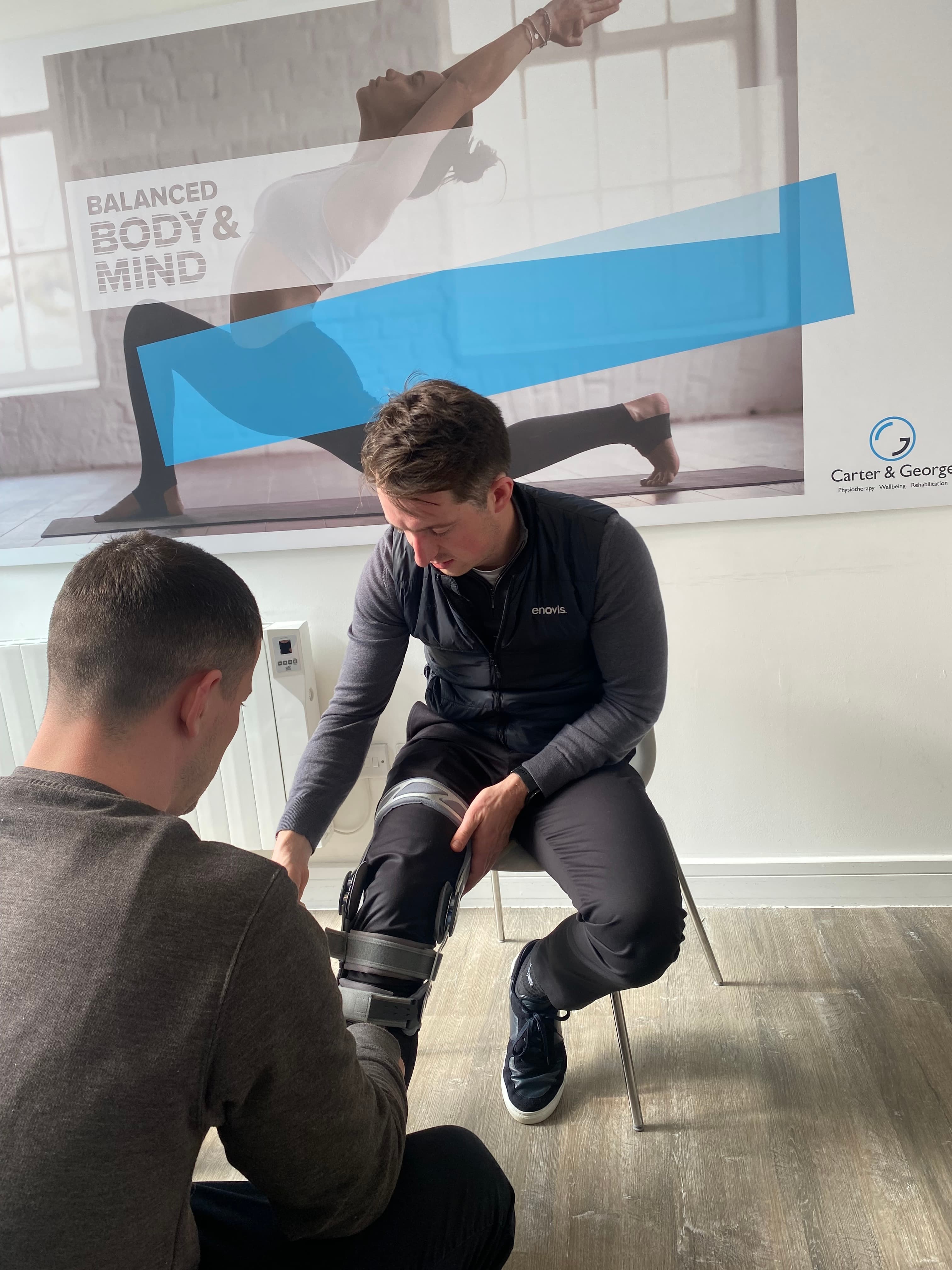Blog
Athlete’s Corner
Health, Recovery, and Performance – Discover Expert Tips for Optimal Well-Being and Athletic Success

Featured articles
Latest Articles
Never miss a beat
Subscribe to our newsletter for the latest tips on keeping yourself injury free.
Subscribe to our newsletter
By clicking Sign Up you're confirming that you agree with our Privacy Policy.
Performance
Unlock Your Peak Potential with Proven Techniques for Enhanced Performance
Treatments
Advanced Therapies for Accelerated Recovery—Tailored Solutions to Help You Heal Faster and Stronger.
News
Stay Updated on the Latest Health Trends and Clinic Developments.
Injuries
From Diagnosis to Full Recovery—Expert Insights on Managing and Treating Injuries.











